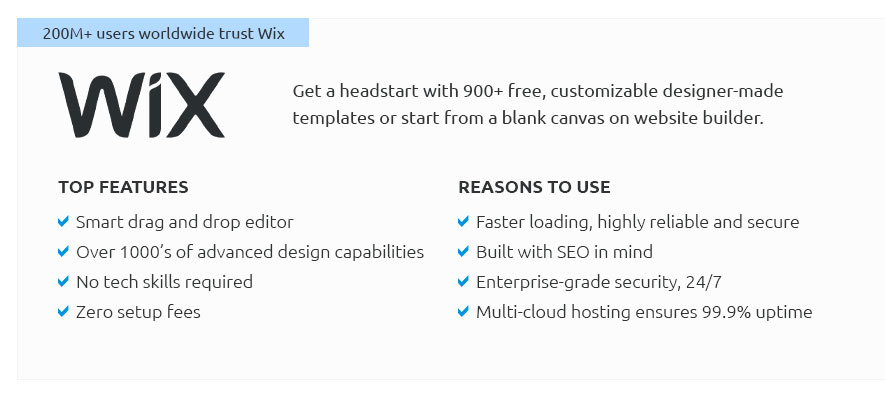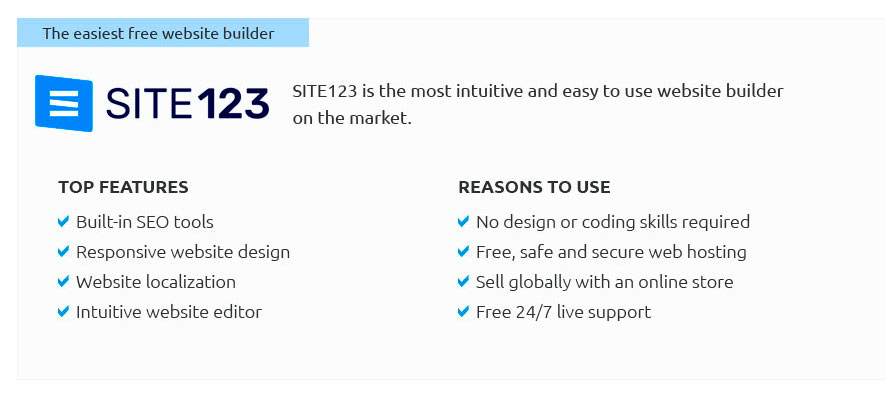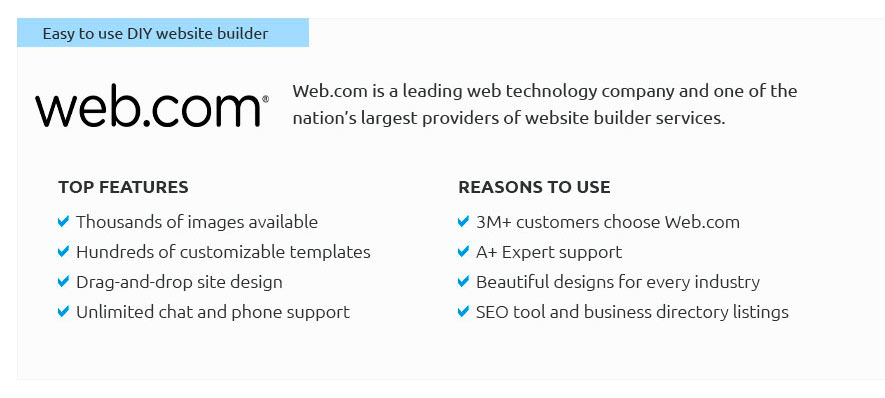 |
 |
 |
 |
|
 |
 |
 |
|
 |
|
 |
 |
|
 |
|
 |
|
 |
 |
Best Website Platforms for Small BusinessIn the digital age, establishing an online presence is no longer optional for small businesses; it is a necessity. Selecting the right website platform is critical, as it can significantly impact your business's success. Several factors must be considered, including ease of use, customization capabilities, scalability, and cost. In this article, we will explore some of the top website platforms that cater to small business needs, weighing their strengths and potential drawbacks to help you make an informed decision. 1. WordPressWordPress is arguably the most popular website platform globally, powering over 40% of all websites on the internet. Its open-source nature allows for extensive customization and flexibility, making it ideal for businesses that need a unique, personalized online presence. The vast array of plugins and themes available for WordPress users is unmatched, enabling businesses to add various functionalities without requiring advanced technical skills. However, the sheer volume of options can be overwhelming for beginners, and some may find the platform's learning curve slightly steep. Nevertheless, its community support and vast resources make it an excellent choice for those willing to invest time in learning the platform. 2. WixFor those prioritizing ease of use, Wix offers an intuitive drag-and-drop interface that simplifies the website building process. This platform provides a wide range of professionally designed templates, suitable for various industries. Wix's all-in-one package includes hosting, design, and support, making it a convenient option for small business owners who prefer a hassle-free experience. While Wix is perfect for beginners, its simplicity can sometimes limit customization, and users may encounter challenges when trying to migrate their sites to another platform. Despite these limitations, Wix's user-friendly approach makes it an attractive option for many small businesses. 3. SquarespaceKnown for its stunning design templates, Squarespace is a favorite among creatives and businesses in need of visually appealing websites. The platform's all-in-one solution includes hosting, domain registration, and a range of marketing tools, providing a comprehensive package for small businesses. Squarespace's templates are highly responsive and mobile-friendly, ensuring that your website looks great on any device. However, the platform's design-focused nature can sometimes restrict customization options, and its pricing is slightly higher than some competitors. Nevertheless, Squarespace's sleek and modern aesthetic continues to attract businesses looking to make a bold visual statement. 4. ShopifyFor small businesses centered around e-commerce, Shopify is a powerful platform designed specifically for online stores. Shopify excels in its robust inventory management system, secure payment gateways, and extensive app store, which allows users to add functionalities tailored to their business needs. The platform's scalability makes it suitable for businesses of all sizes, from startups to large enterprises. However, while Shopify's focus on e-commerce is its strength, it may not be the best fit for businesses primarily seeking a content-driven website. Additionally, the platform's transaction fees can add up, particularly for smaller businesses on tight budgets. Despite these considerations, Shopify remains a top choice for businesses prioritizing online sales. 5. WeeblyWeebly offers a straightforward, drag-and-drop interface similar to Wix, providing an easy entry point for small businesses without technical expertise. With its user-friendly builder and affordable pricing, Weebly is an excellent option for startups or businesses with limited budgets. The platform's range of templates and integrated marketing tools support small businesses in establishing an effective online presence. However, Weebly's customization options are somewhat limited compared to more advanced platforms, which may restrict businesses seeking extensive design flexibility. Nevertheless, for those prioritizing simplicity and cost-effectiveness, Weebly is a reliable choice. Ultimately, selecting the best website platform for your small business depends on your specific needs and goals. While WordPress offers unparalleled customization, Wix and Weebly provide simplicity and ease of use. Squarespace caters to design-focused businesses, while Shopify is tailored for e-commerce. By carefully evaluating each platform's features and aligning them with your business objectives, you can choose a solution that supports your online growth and success. https://www.quora.com/What-are-the-best-website-builders-for-a-small-business?top_ans=1477743723210867
To create basic websites for small businesses, use user-friendly platforms like Wix, Squarespace, or WordPress.com. These tools offer templates ... https://www.youtube.com/watch?v=lXZVLp7yKGQ
... platforms: Webflow, WordPress, and Wix Studio. I share their strengths and limitations, to hopefully help you decide which might be the best ... https://www.linkedin.com/posts/victorlai_which-website-builder-is-best-for-a-small-activity-7216146471442599936-G_cg
1. WordPress Yes, the nightmare. Don't even get me started. - 2. SquareSpace The first choice if you want a reliable platform, great UI/UX and be ...
|